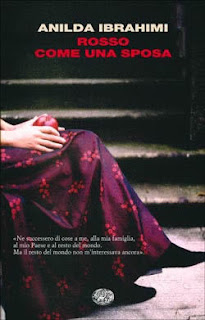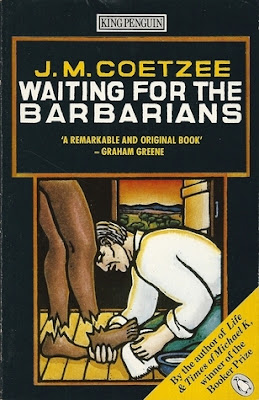Michell, Tom "The Penguin Lessons: What I Learned from a Remarkable Bird" - 2015
I discussed this with my German book club in August 2025.
I'm not an animal person. I don't mean to say I'm totally against animals, but they don't particularly interest me.
The book was quite nicely written. I also found the accounts of the school where the author taught and his travels through South America very interesting. But the relationship with the penguin, well, okay. As I said, I'm probably the wrong person to describe this book. It just wasn't really my cup of tea.
The only thing that was interesting to me was the description of the people the author met, the anthropological aspect.
The other members, however, found the book very readable. Here are a few quotes:
- I learned a lot about a species of animal I didn't really know much about.
- I found the description of how he travels through the countries with youthful carefreeness and enthusiasm, and even saves the penguin, refreshing.
- The parts where he describes how the school outcast can show off his talent were touching.
- I particularly liked the scene in the swimming pool.
- Mir hat das Buch gut gefallen. Interessant und klug geschrieben und oft sehr berührend, aber ohne Pathos.
- I liked the book. It's interestingly and cleverly written, and often very touching, but without pathos.
From the back cover:
"'I was hoping against hope that the penguin would survive because as of that instant he had a name, and with his name came the beginning of a bond which would last a life-time.'
Set against Argentina's turbulent years following the collapse of the corrupt Peronist regime, this is the story of Juan Salvador the penguin, rescued by English schoolteacher Tom Michell from an oil slick in Uruguay just days before a new term. When the bird refuses to leave Tom's side, the young teacher has no choice but to take it with him and look after it. This is their story."






















